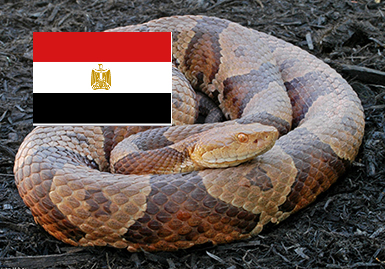
Given the events of last week in Egypt, it is hard not to reflect on these events while they are fresh. Opinions on the military crackdown, which has resulted in hundreds of innocent (obviously people protesting but not carrying weapons, including women) victims, are deeply divided. There seems to be no middle ground in the media or on the street, as far as one can see from outside the conflict area. One reason for this impasse is the level of violence attached to the level of vitriolic rhetoric from both sides. The removal of Morsi was bound to stir up the wrath of those who fervently supported the Muslim Brotherhood as all hopes for gaining power through the ballot box were shattered. The call for protests was doomed to failure as long as the military and security forces were intent on maintaining control of Egypt’s economy and protecting their base of power. In part this is due to the fact that the military never lost power and was clearly not prepared to do so, even with the changing of the guard in the officer shuffle at the top. But it is also the case that the Muslim Brotherhood had many enemies from the start, especially among those who were more secular-minded.
In a New York Times commentary Rick Gladstone quotes several scholars who argue that the aim of the military in forcefully removing the protesters with live ammunition was to provoke the expected violence by members of the Brotherhood. During the past month Egyptians have been bombarded with a propaganda message that the Brotherhood has become a bunch of bearded terrorists who must be resisted. So the strategy by Sisi and the military/security complex appears to have been to provoke violence from the protesters, knowing full well that there would be a violent reaction. The stores of a few weapons that the military claims was found among the protesters, even if planted there by the military, reinforces this scenario. The gut reaction of some supporters to blame the Copts and burn down more than 30 churches again feeds into the message that the Muslim Brotherhood is too radical.
Given the democracy fantasy games that many thought would evolve out of the Arab Spring, the go-for-broke reaction of the Egyptian military, who abandoned Mubarak but never gave up control behind the scenes, is a rude reminder that Machiavelli offers a more pragmatic prediction in politics than Mahatma Gandhi. I say this not to defend the military, whose brutal tactics and hegemonic control of the Egyptian economy is atrocious. But it appears that their strategy of demonizing the Muslim Brotherhood, which for all its positive sides also has many enemies, has a good chance of success, at least in the short run.
There is a bizarre video posted on the website of The Guardian of a copperhead snake in Alabama that was severed, yet the head still had the ability to bite and hold on to its own death-wagging tail. Sadly, this appears to be what is happening with the Muslim Brotherhood. Devoid of leaders, given the government round-up, the mob-rule mentality on the street is only making things worse. Morsi is gone and will probably be tried and convicted of his alleged part in a prison release of Hamas agents. Calls for his return are not going to sway the resolve of the military; nor will there be more than token sympathy from other governments, Western and within the region. To push the snake metaphor a bit further, in this case the severed head that clings to its own tail cannot bring itself back to life. But the poison for all Egyptians will not die with the snake. It is a sad time for all who love Egypt.